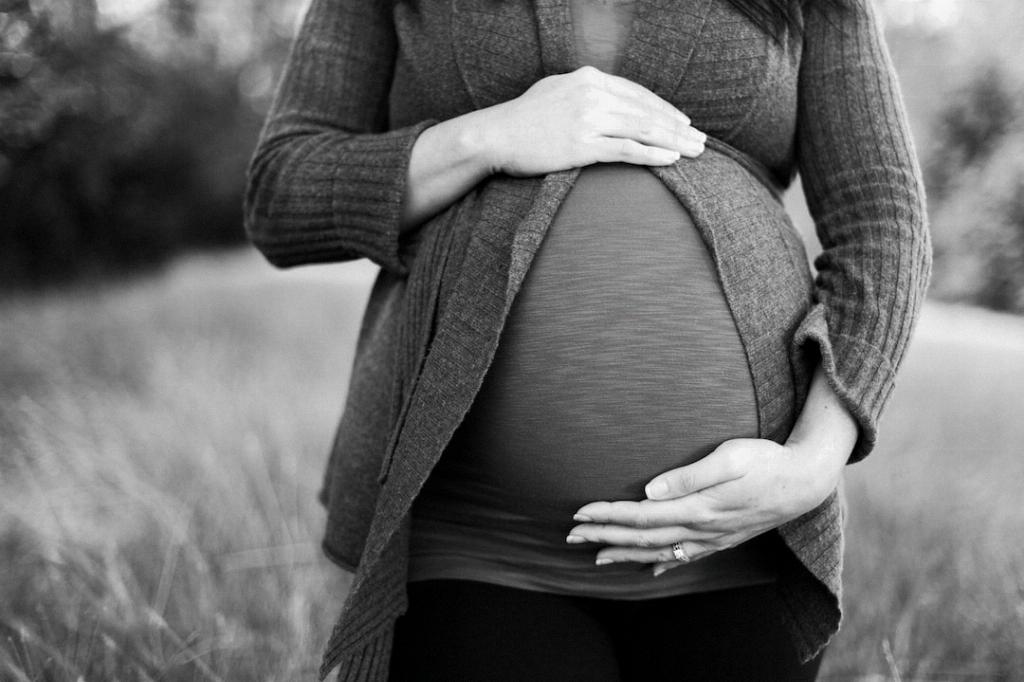During the early stages of pregnancy, as your body begins to undergo numerous changes, you may be curious about where exactly you can feel your uterus. While it may not be visibly noticeable from the outside, there are subtle signs that can indicate the growth and positioning of your uterus within your body.
Locating Your Uterus
One common method to locate your uterus in early pregnancy is by lying down on your back and gently pressing just above the edge of your pelvic bone. By using all your fingertips together, you can feel for a firm, rounded area that signifies the presence of your uterus.
Changes in Uterus Position
As your pregnancy progresses, your uterus will gradually increase in size and weight, causing it to move from its original position. During the early stages, your uterus may still be located deep within your pelvis, but as weeks go by, it will rise higher and become more noticeable.
Feeling Your Uterus Grow
Sometimes, women report experiencing a sensation of fullness or heaviness in their lower abdomen as their uterus expands. This can be a subtle yet telling sign that your body is preparing to support the growth of your developing baby.
Early Signs of Pregnancy
In addition to physical changes in your uterus, early pregnancy symptoms such as morning sickness, fatigue, and breast tenderness may also indicate that you are expecting. These symptoms, combined with the sensation of your uterus growing, can provide insights into the early stages of pregnancy.
Understanding Uterine Changes
It’s important to keep in mind that every woman’s body is unique, and the way you feel your uterus in early pregnancy may differ from others. Some women may detect these changes sooner than others, so it’s essential to stay attuned to your body’s signals and consult with your healthcare provider if you have any concerns.
Monitoring Uterus Position
Regular prenatal check-ups with your healthcare provider can help track the growth and position of your uterus throughout your pregnancy. By monitoring these changes, your healthcare team can ensure that your pregnancy is progressing as it should and address any potential issues that may arise.
Importance of Proper Prenatal Care
Seeking early and consistent prenatal care is crucial for both your health and the health of your developing baby. Your healthcare provider can assess the position and growth of your uterus, monitor fetal development, and provide essential guidance and support throughout your pregnancy journey.
Embracing the Pregnancy Experience
As you navigate through the early stages of pregnancy, it’s normal to feel a mix of excitement, anticipation, and perhaps some apprehension. Embracing the changes in your body, including the growth of your uterus, can be a profound and fulfilling experience as you prepare to welcome a new life into the world.
Trusting Your Body’s Journey
Your body has an incredible ability to adapt and nurture a growing baby throughout pregnancy. Trust in the natural process unfolding within you, and remember to listen to your body’s cues as it undergoes the miraculous transformation of carrying new life.
Conclusion
Feeling your uterus in early pregnancy can be a subtle yet significant indicator of the changes happening within your body. By staying attuned to these physical sensations and seeking proper prenatal care, you can embark on your pregnancy journey with confidence and trust in the remarkable process of motherhood.

